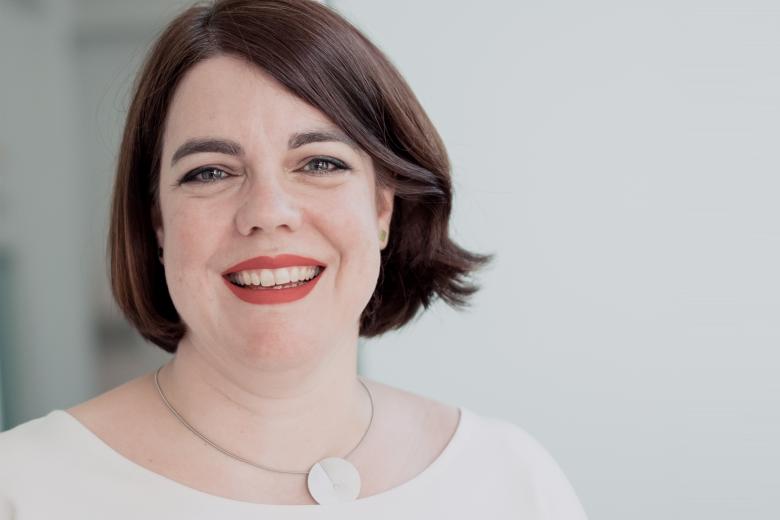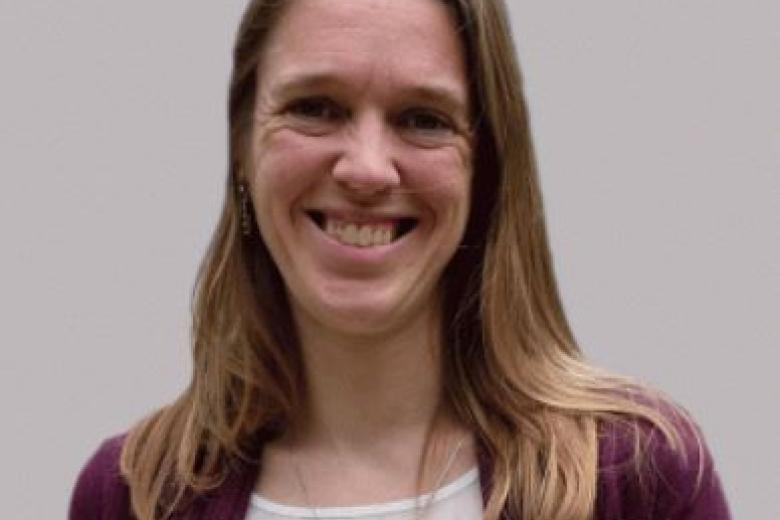The Elinor Ostrom Fund
Fostering a Thriving Community for Female Academics
Inclusivity is one of SBE's core values. Here at SBE, we believe that diversity leads to a stronger, more creative, and innovative community. Therefore, it is a priority for us to create an inclusive environment where all members of our community feel welcomed and can thrive.
As part of our commitment to inclusivity, SBE proudly supports the Elinor Ostrom Fund. Founded by Professor Lisa Brüggen in 2014, the Fund was established to support female scholars and enhance diversity at Maastricht University's School of Business and Economics.
Building a Community of Support and Collaboration
The Elinor Ostrom Fund is evolving to focus on community building among female academics. While the Fund has previously provided scholarships to support early-career female academics, this phase prioritizes creating and maintaining a robust and supportive community.
The Fund hosts 2-3 events annually, designed to foster peer-to-peer support, facilitate sharing experiences, and encourage mutual learning among female academics. These events are central to the Fund's mission of helping female academics connect, collaborate, and grow together.
In the spotlight
Gender equality in academia: creating an environment where all talent can flourish
In a recent article, several SBE academics discuss some of the reasons behind the striking gender imbalance in academia.


